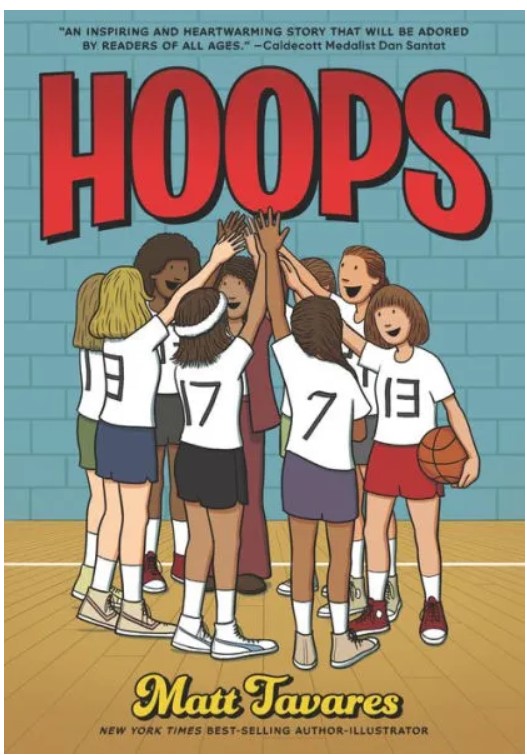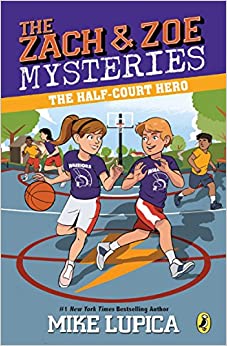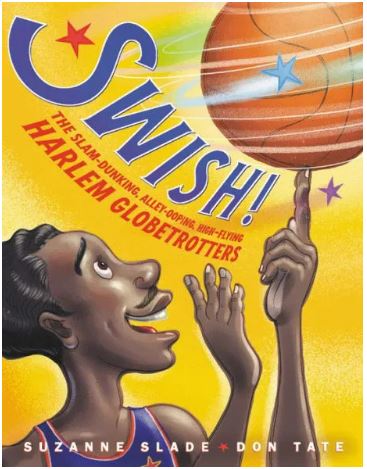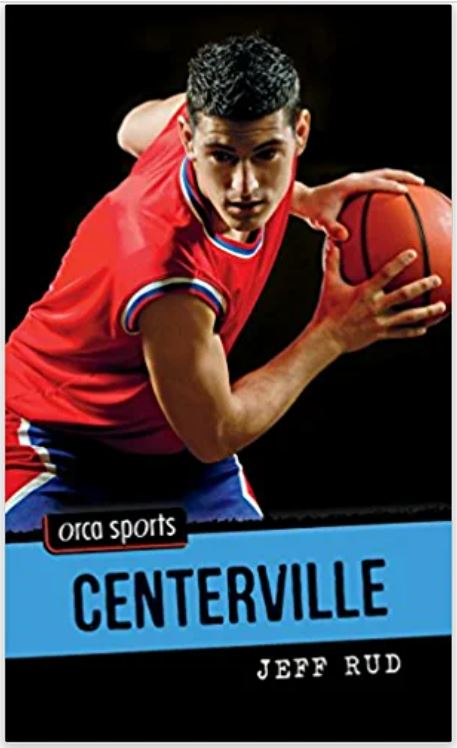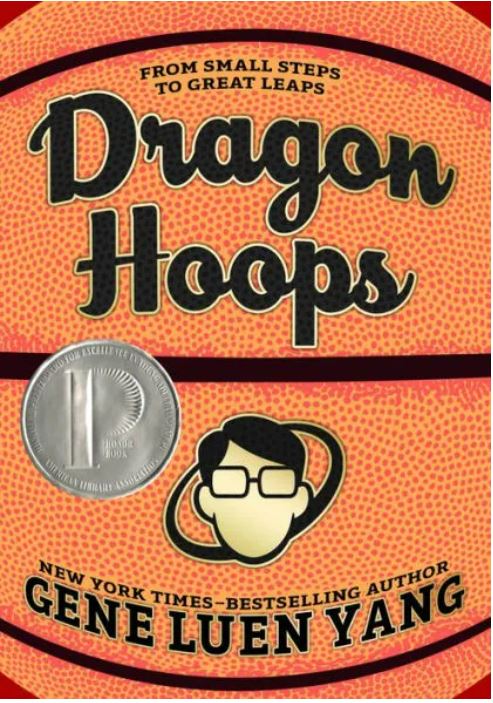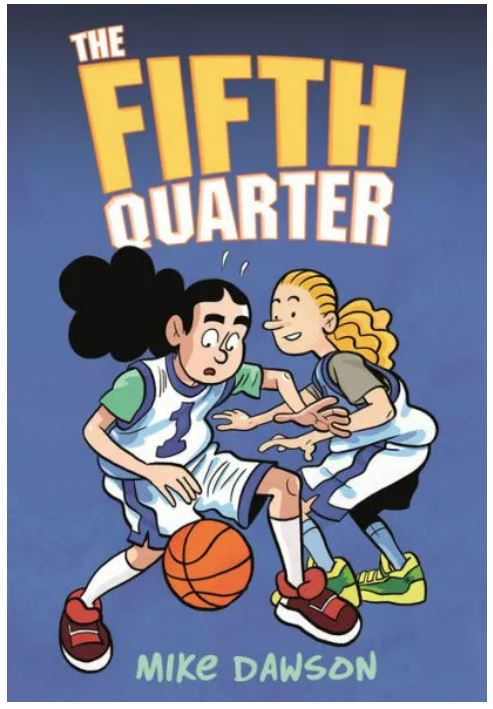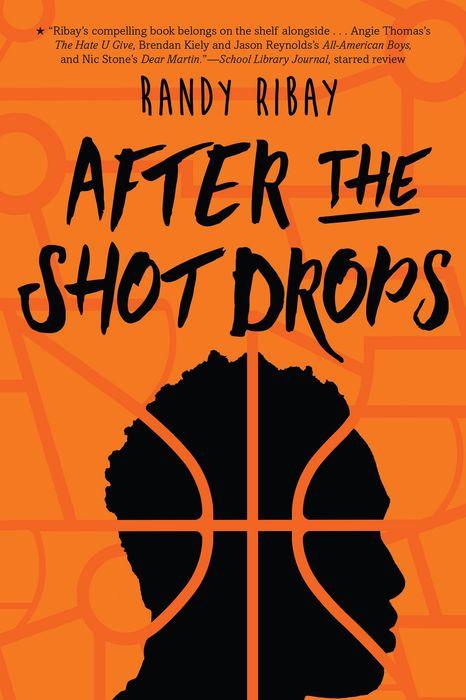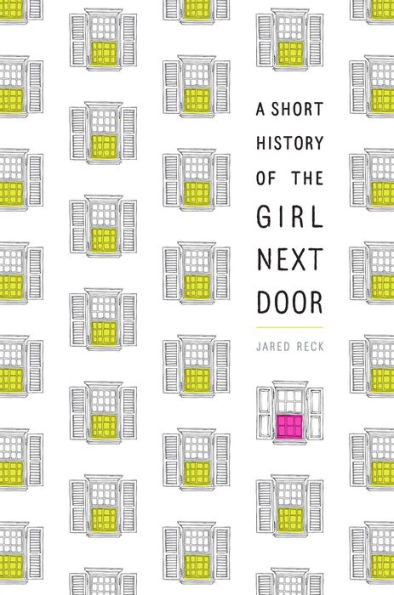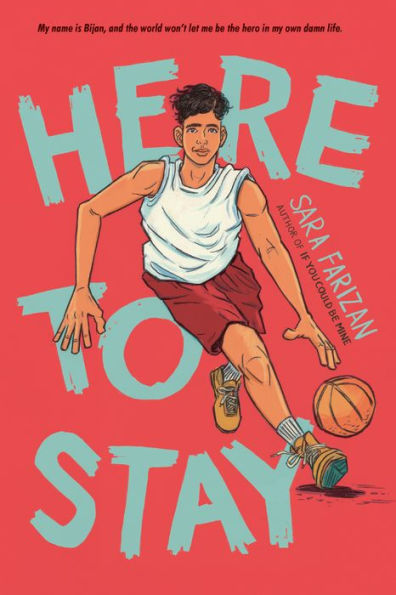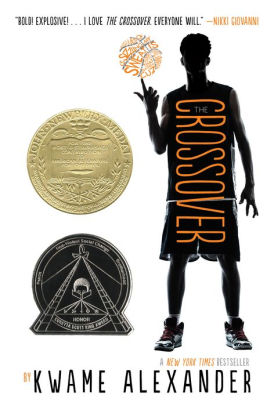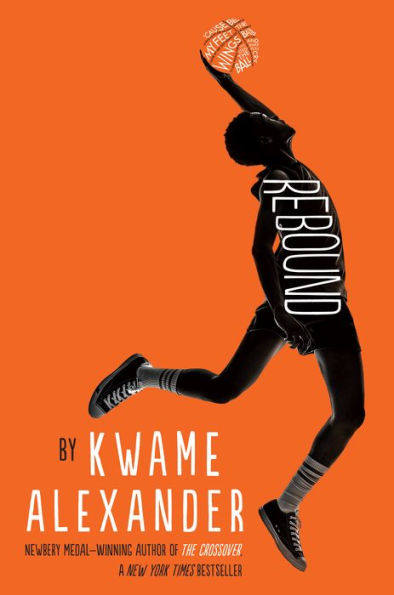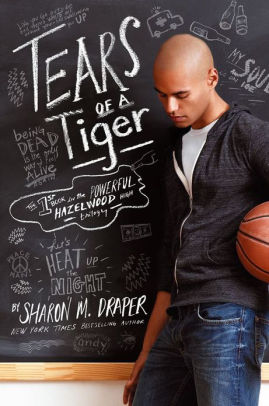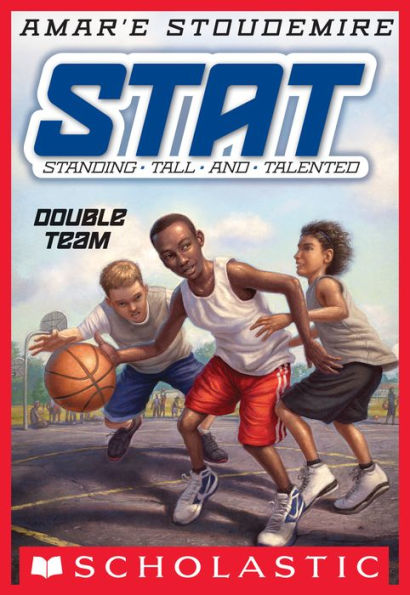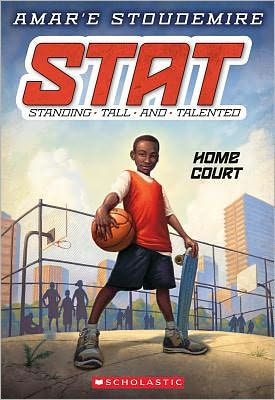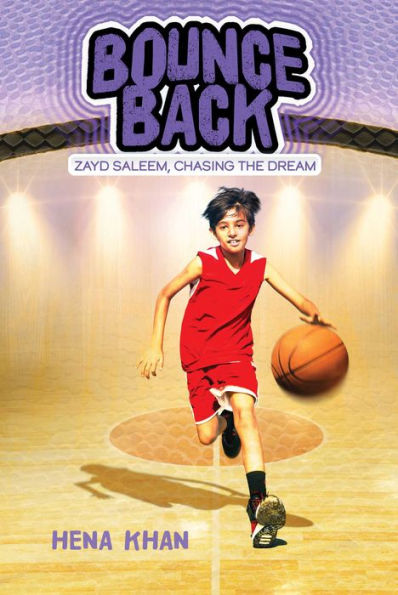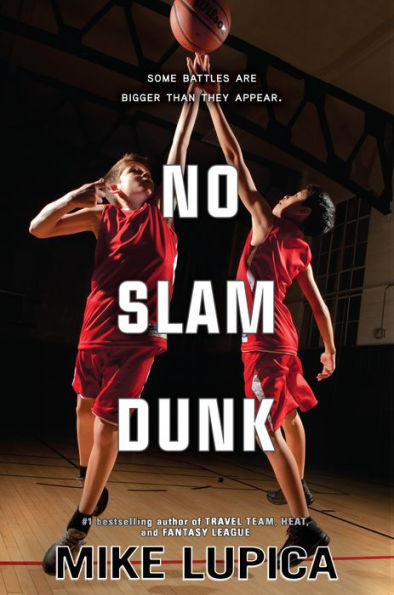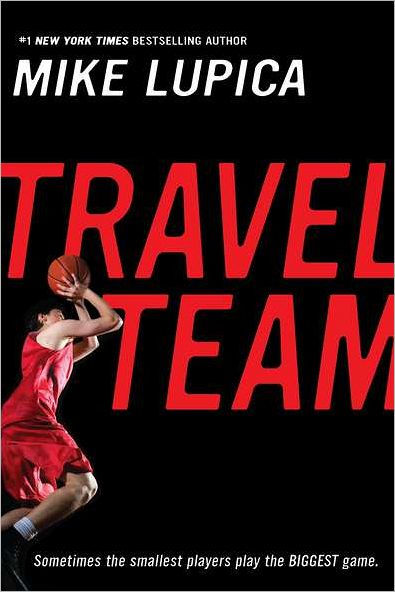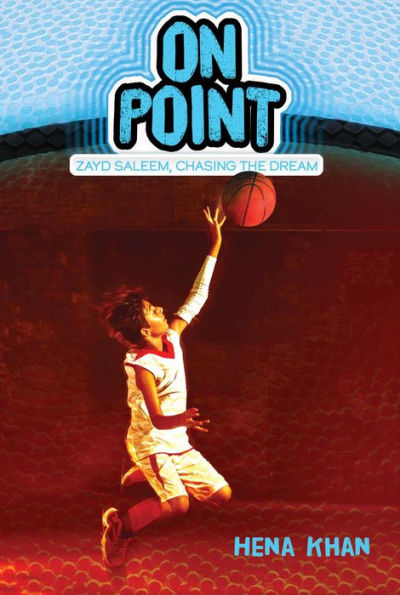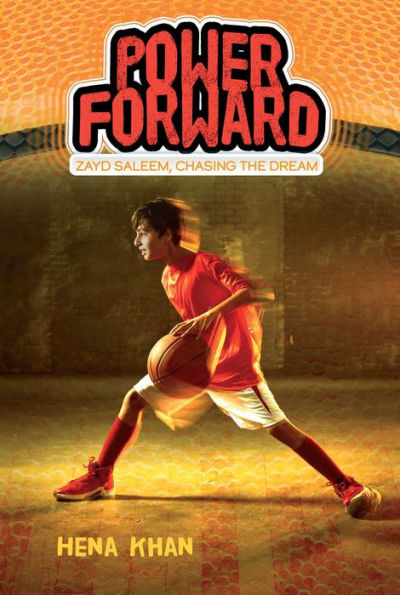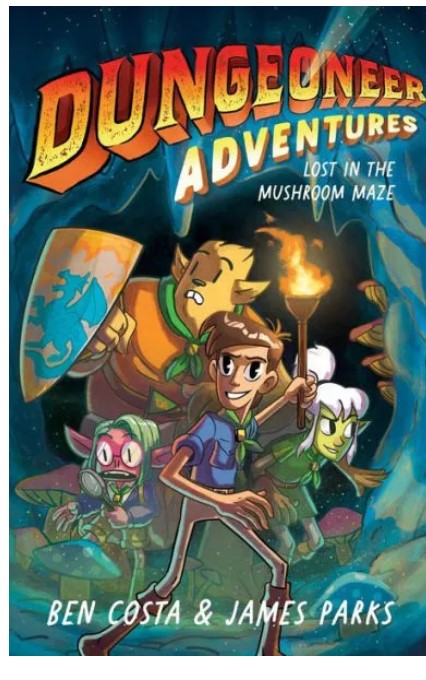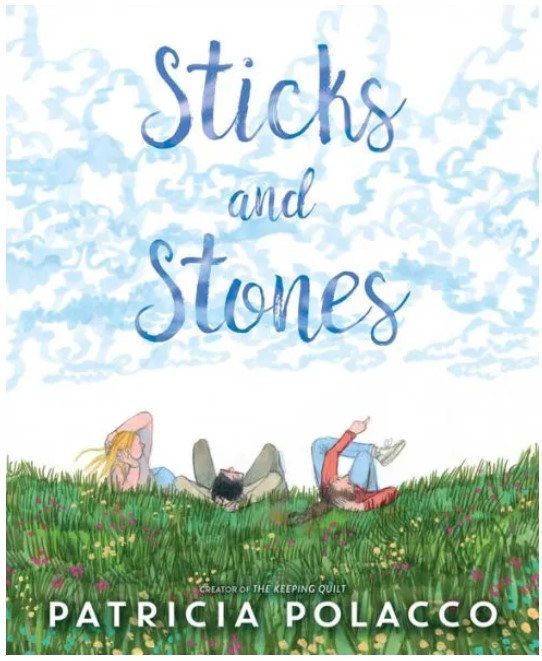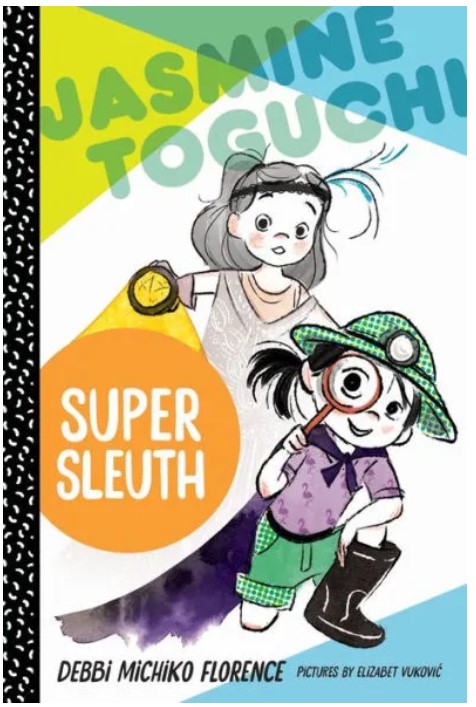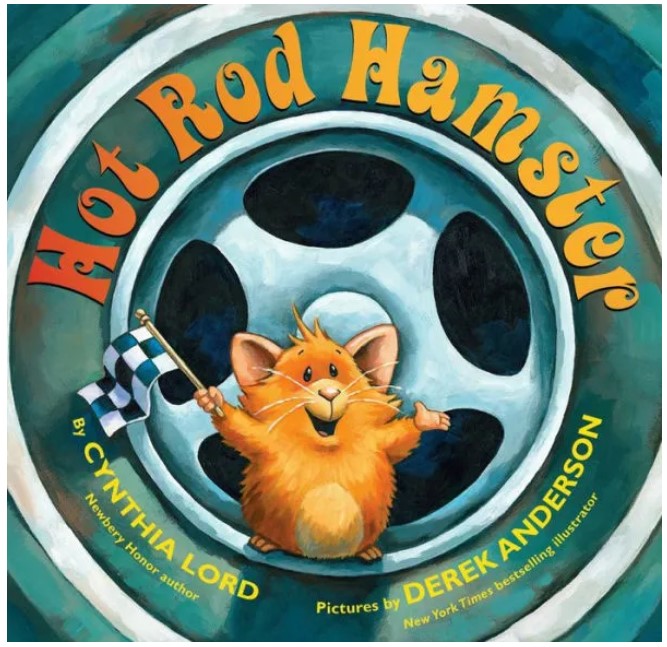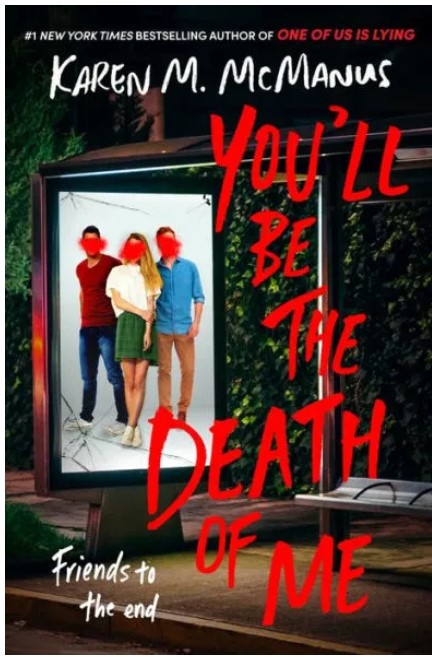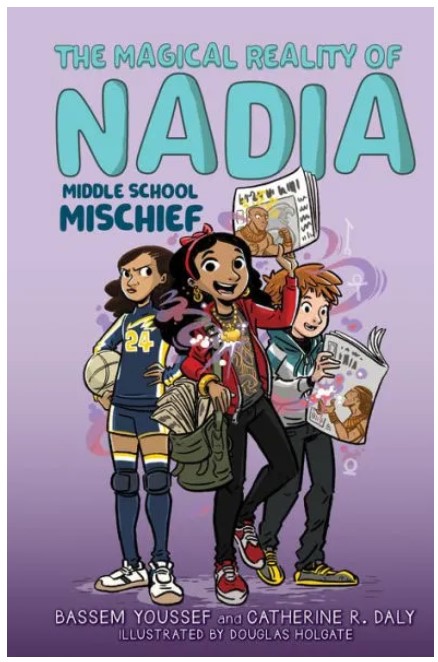Gene understands stories—comic book stories, in particular. Big action. Bigger thrills. And the hero always wins.
But Gene doesn’t get sports. As a kid, his friends called him “Stick” and every basketball game he played ended in pain. He lost interest in basketball long ago, but at the high school where he now teaches, it’s all anyone can talk about. The men’s varsity team, the Dragons, is having a phenomenal season that’s been decades in the making. Each victory brings them closer to their ultimate goal: the California State Championship.
Once Gene gets to know these young all-stars, he realizes their story is just as thrilling as anything he’s seen in a comic book. He knows he must follow this epic to its end. What he doesn’t yet know, is that this season is not only going to change the Dragons’ lives but his own life as well.
After meeting the members of the Dragons’ team, readers will quickly get caught up in their desire to win the state championship. Yang interviews the team’s players and coaches, which allows readers to see their unique perspectives. The graphic novel has plenty of play-by-play basketball action that reads like a comic book because of the onomatopoeias which include swish, swirl, and klang. To make it easier to keep track of the book’s events, each chapter has a large illustration and a title that describes the chapter’s events. Even though the book is broken into specific events, the varying topics, number of characters, and school rivals, make Dragon Hoops best suited for strong readers.
Throughout the graphic novel, the history of basketball is explained, including the racism that has affected basketball players. For example, “At the turn of the twentieth century, a ‘scientist’ proclaimed that blacks simply weren’t as fit for athletics as whites.” The scientist believed that blacks “have inferior muscle strength, inferior reasoning power, small lungs, and heavy bones.” These beliefs were proven wrong thanks in part to Marques Haynes and the Harlem Globetrotters. This book also includes interesting information about how basketball was created, women in basketball, and more.
Since Dragon Hoops is a graphic novel, readers may not expect the story to be so complex and dense. However, the story is split between the Dragons’ quest to win a state championship, basketball history, and the author’s professional and family life. Since the story is told from Yang’s point of view, readers will understand how he became a sports fan. However, Yang’s personal struggles do little to advance the plot and could have easily been deleted. In addition, Yang includes his inner conflict when it comes to including Mike Phelps, the Dragons coach, in the book. Instead of including his thoughts on Phelps, Yang could have included more information about why Phelps was a controversial person and how it affected the team.
Dragon Hoops features many dedicated people who went on to shake up the basketball world. However, the focus on Bishop O’Dowd High School’s basketball team allows readers to get a unique perspective and gives them a new understanding of the important history behind basketball. The players had to overcome many obstacles which make their hard work and dedication admirable. In the end, the Dragons finally win the state championship game, but more importantly, because of basketball, they make connections with others. Throughout the story, Yang highlights the players’ willingness to step onto the court because “it isn’t the fewest mistakes that win. Maybe it’s having the courage to take the next step—even at the risk of making a mistake.” Readers who love sports should also read the graphic novel The Crossover by Kwame Alexander and All Thirteen by Christina Soontornvat.
Sexual Content
- Thirty-six years later, one of the Dragons’ coaches, “Mike Phelps was charged with molesting a student.” At the same time, information about Roman Catholic institutions “allowing and then covering up one horrific child abuse case after another” came out. Phelps’ guilt or innocence is never proven. However, this incident caused the author to wonder if Phelps should be included in the Dragons’ story.
Violence
- Protests broke out over the Ferguson decision to acquit white police officers after “an unarmed young African American man was fatally shot by a white police officer.”
- In 1947, during a game between the Syracuse Nationals and the Tri-City Blackhawks, two opponents exchanged words and a black player hit a white player. The crowd also began fighting and “the National Guard had to be called out to restore order.” The illustration has one panel that shows the black basketball player punching his opponent while another panel shows the crowd fighting.
- When India was broken into sections for Muslims and Hindus, many Sikhs “were forced to relocate to escape persecution. In the process, hundreds of thousands of Sikhs were killed.” While Catholics study Mahatma Gandhi’s philosophy on nonviolence, Jeevin Sandh (a Dragons basketball player) views Gandhi differently because Gandhi wanted the “partition of India. . . [which was the] biggest forced migration of all times. All in all, I think between 250,000 and 500,000 Sikhs were murdered.”
Drugs and Alcohol
Language
- The book’s profanity is modified with ***. Profanity is used frequently and includes Bullsh**, f***, m*****f***ers, b****, and sh**.
- Other profanity is used infrequently. Profanity includes hell, crap, ass, and damn.
- Because Jeevin Sandhu’s family is from India, people taunt Jeevin, calling him names such as “F***in’ Arab! Terrorist!” Members of the audience make comments such as “Sandhu Psh. More like San-douchebag” and “Yeah, f*** you, Indian.”
Supernatural
Spiritual Content
- Before games, one of the players leads a prayer. In one prayer, the player says, “Dear Lord, thank You for this opportunity to come together as a unit. Help us do our best this Saturday.”
- One of the boys on the Dragons team, Jeevin Sandhu, practices the Sikh faith. One page explains some basic facts about the religion such as they believe in one god, that “all humans are equal,” and they don’t cut their hair or use a wooden comb.
- Before a game, Jeevin Sandh says a prayer: “God is One. His name is True. He is the Creator. . . For He was True when Time Began. He has been True since the Ages. He is still True. Guru Nanak says He will forever be True.”
- Before a game, a player prays, “Dear Lord, we thank You for putting us on the stage once again. We ask that You guide us to victory.”

